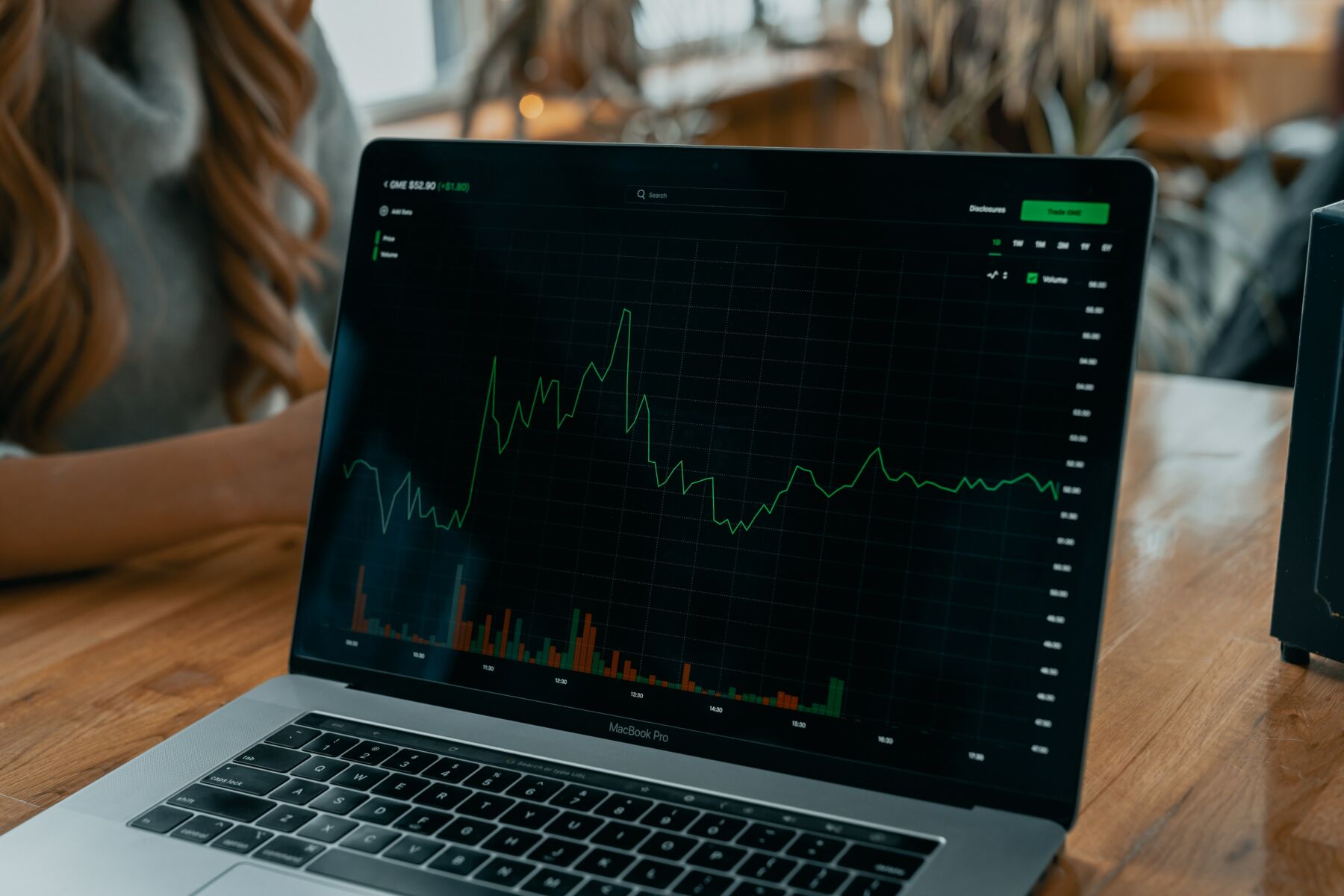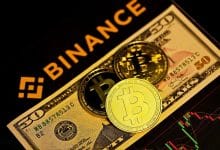Economic unit predicts ‘bond-ing’ boom amidst 2024 global recession

Tisco Economic Strategy Unit (ESU) warns the impending global recession in 2024 could likely lead to a surge in the return on bond investments to over 10%. This potential economic shift prompts Komsorn Prakobphol, the head of the economist strategy unit at Tisco ESU, to advise investors to lessen their stock investments and instead channel more into debt instruments, particularly US government bonds.
Komsorn states that the anticipated recession could force the US Federal Reserve to make faster and stronger rate cuts than initially thought.
“Investing in bonds can generate higher returns than stocks and helps investors diversify risks in their portfolio when the global economy enters a recession in 2024.”
The yield on US government bonds currently sits around 4.5%, with projections indicating a decrease to 3.9-4.0% by year’s end, lining up with the overall economic trajectory.
According to Komsorn, investing in 10-year bonds, at present, can yield an additional 2-3% price difference on top of the standard interest of around 4.5%. In essence, investors could potentially earn a total return of 6-7% in US dollars within a year.
Komsorn further notes that if the global economy plunges into a recession next year and the Fed implements rate cuts at a faster and stronger pace than anticipated, the total return on bond investments could elevate to over 10%.
Higher yields
As the economy slows down, stock market earnings forecasts could face downgrades. As such, Komsorn recommends investors consider US government bonds, which offer high yields coupled with a low default risk.
Bualuang Securities echoes a similar sentiment, indicating that despite the short-term persistence of high-interest rates amid a slowing economy, there could be a potential increase in bad debts. They warn that this could significantly impact finance and banking stocks in the future.
High household debt in Thailand and a possible rise in non-performing loans (NPLs) could negatively affect banks’ interest income, adds Bualuang Securities. They identify debts incurred during the pandemic as potential NPLs, with personal and farming debts being the most common.
With a likely tightening of lending criteria to cope with the anticipated rise in NPLs and changing economic conditions, Bualuang Securities caution that commercial banks may face challenges in extending loans, a primary income source for these institutions, reported Bangkok Post
“Although lending might decrease, it is good for banks to tackle NPLs, which have been on the rise.”
Follow more of Thaiger’s latest stories on our new Facebook page HERE.
Latest Thailand News
Follow The Thaiger on Google News:


























